Description
BUY RICE HULL FOR SALE
Looking for rice hull for sale to use as livestock bedding? Rice hulls, a byproduct of rice milling, are a top choice for chickens, ducks, turkeys, and other animals. They provide excellent waste absorption, reduce ammonia buildup, and create a cleaner, healthier environment for your livestock.
Using rice hull near you ensures freshness and quality, vital for maintaining hygiene. These hulls offer superior insulation, keeping animals warm in cool weather and dry in damp conditions. Their lightweight nature also makes them easy to spread, clean, and replace.
The price of rice hull is budget-friendly, making it a cost-effective alternative to other bedding materials. Additionally, rice hulls decompose into nutrient-rich compost, offering a sustainable solution for eco-conscious farmers.
Our rice hulls are sourced from clean facilities, with no animals allowed near the storage areas. This guarantees a product free from diseases that might otherwise harm your livestock. Choosing disease-free bedding is crucial for maintaining a healthy farm environment.
Not sure where to buy rice hull that meets your standards? Contact us today for premium-quality, hygienic rice hulls that will ensure the comfort and health of your animals!
FREQUENTLY ASKED QUESTIONS
In what ways do rice hulls enhance the health of livestock housing?
Rice hulls absorb moisture effectively, reducing the growth of harmful bacteria and fungi. Their ability to control ammonia levels improves air quality, minimizing respiratory issues in animals. By keeping bedding dry and hygienic, rice hulls help reduce the risk of disease outbreaks in livestock housing.
What makes rice hulls superior to other bedding materials for poultry?
Rice hulls provide excellent insulation and absorbency, making them ideal for poultry, which is sensitive to cold and damp environments. Unlike straw, they resist compacting, allowing waste to dry out quickly. Additionally, their lightweight nature makes them easier to handle and clean, reducing labor time and costs.
Can rice hulls cause respiratory issues in animals?
When sourced and stored properly, rice hulls pose minimal risk of respiratory problems. Dust levels can be reduced by ensuring the rice hulls are screened and free from contaminants. It’s important to source hulls from a supplier that guarantees hygienic storage and handling.
Are rice hulls prone to attracting pests?
Rice hulls are less likely to attract pests compared to organic materials like hay or straw. However, proper storage and regular cleaning of bedding areas are essential to prevent issues. Rice hulls sourced from clean environments further minimize the risk of pest infestation.
How do rice hulls contribute to waste management on the farm?
Used rice hulls can be composted efficiently, breaking down into nutrient-rich organic matter that can fertilize crops. This reduces waste disposal costs and supports sustainable farming practices, turning bedding waste into a valuable resource for the farm.
What factors should I consider when sourcing rice hulls?
Ensure the rice hulls are free from contaminants, especially diseases that could come from other animals. Check for consistent quality, low dust content, and proper storage conditions. Sourcing from a trusted supplier guarantees the safety and effectiveness of the product.
How do rice hulls help with temperature regulation?
Rice hulls provide excellent insulation, keeping livestock warm in colder weather and helping to regulate temperature in hot climates. This improves animal comfort, reducing stress and the likelihood of illnesses caused by temperature fluctuations.
Can rice hulls support the growth of harmful molds?
Properly stored and maintained rice hulls are resistant to mold growth. Their quick drying properties prevent excessive moisture buildup, which is key to avoiding mold and other fungal issues. Regular replacement and cleaning of bedding areas further mitigate this risk.
What is the lifespan of rice hull bedding before it needs replacement?
Rice hull bedding typically lasts 1–2 weeks, depending on animal density, moisture levels, and waste accumulation. Frequent inspection of the bedding’s condition will help you determine when replacement is necessary to maintain hygiene and comfort.
Are rice hulls eco-friendly compared to synthetic bedding materials?
Yes, rice hulls are biodegradable and compostable, making them an environmentally friendly choice. They reduce waste in livestock operations by converting used bedding into compost, unlike synthetic materials that contribute to environmental pollution.
Do rice hulls retain odors after prolonged use?
Rice hulls have excellent odor control due to their moisture-absorbing capabilities. However, prolonged use without replacement can lead to odor retention. Regular cleaning and replacement prevent odor buildup and maintain a fresh environment for livestock.
How do rice hulls impact the overall cleanliness of livestock housing?
Their absorbency and lightweight nature allow for quick and efficient waste management. Rice hulls dry quickly, preventing the buildup of wet areas where bacteria thrive. Cleaner bedding reduces the risk of infections and improves the overall cleanliness of housing facilities.
What precautions should I take when handling rice hulls?
Use gloves and a dust mask when handling large quantities to avoid skin irritation or inhalation of fine particles. Ensure the storage area is dry and animal-free to maintain hygiene. Choosing high-quality, pre-screened rice hulls reduces handling risks.
Are rice hulls cost-effective in the long term?
Yes, rice hulls are affordable and provide added value through waste reduction and composting benefits. Their longevity, ease of maintenance, and contribution to healthier livestock environments make them a cost-effective bedding solution for both small and large-scale operations.
What storage conditions are ideal for rice hulls?
Store rice hulls in a dry, well-ventilated area, away from direct sunlight and moisture. Keep them off the ground and covered to prevent contamination from pests or dirt. Ensuring no animals roam near the storage area maintains the hulls’ hygiene and quality.
How thick should rice hull bedding be for optimal livestock comfort?
For most livestock, a bedding thickness of 3–6 inches is recommended. This depth ensures sufficient insulation and absorbency while preventing compaction. Adjust the thickness based on the animal type, housing conditions, and moisture levels to maintain a clean and comfortable environment.
How often should rice hull bedding be replaced based on smell or physical appearance?
Rice hull bedding should be replaced when it begins to emit strong odors or shows signs of excessive moisture and compacting. If the bedding appears wet, discolored, or has visible waste buildup, it’s time to replace it. Regularly checking for these indicators ensures a clean and healthy environment for your livestock.


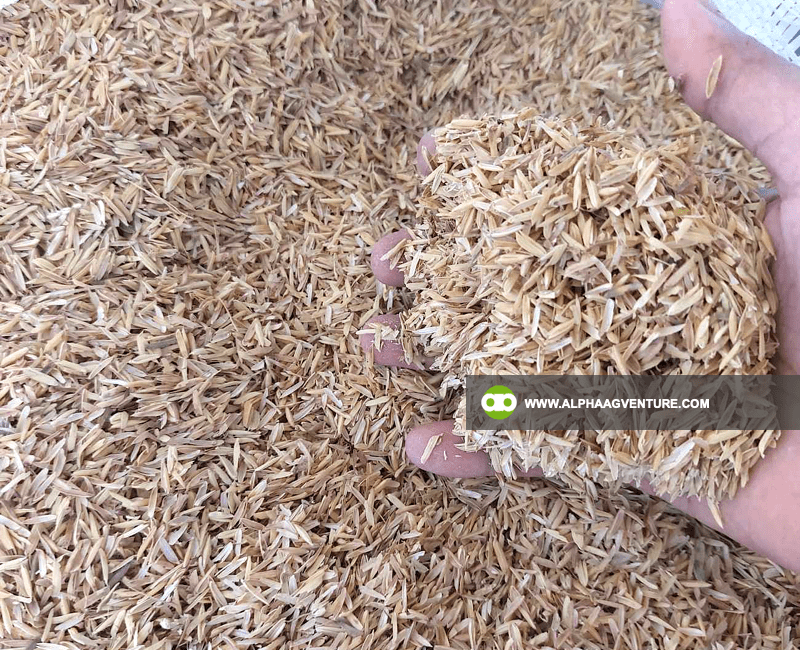
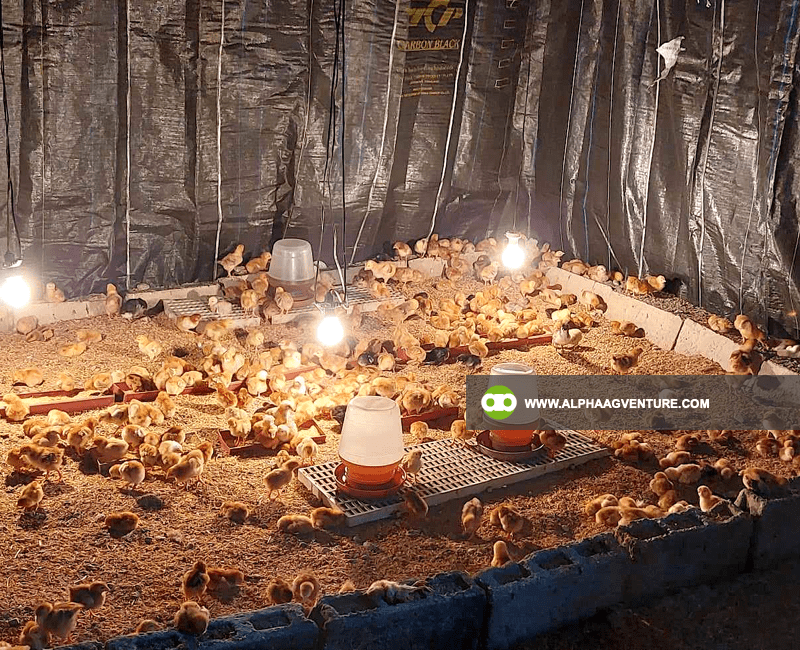
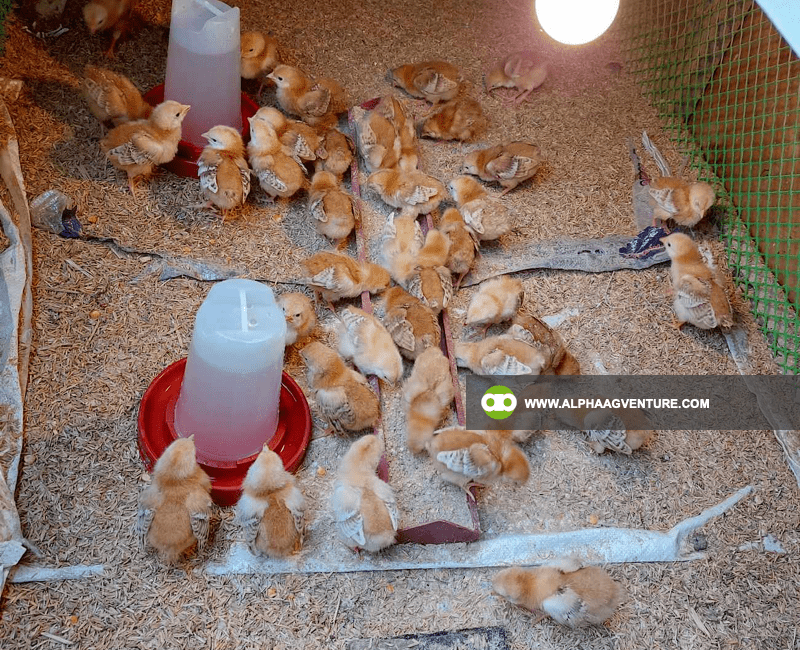
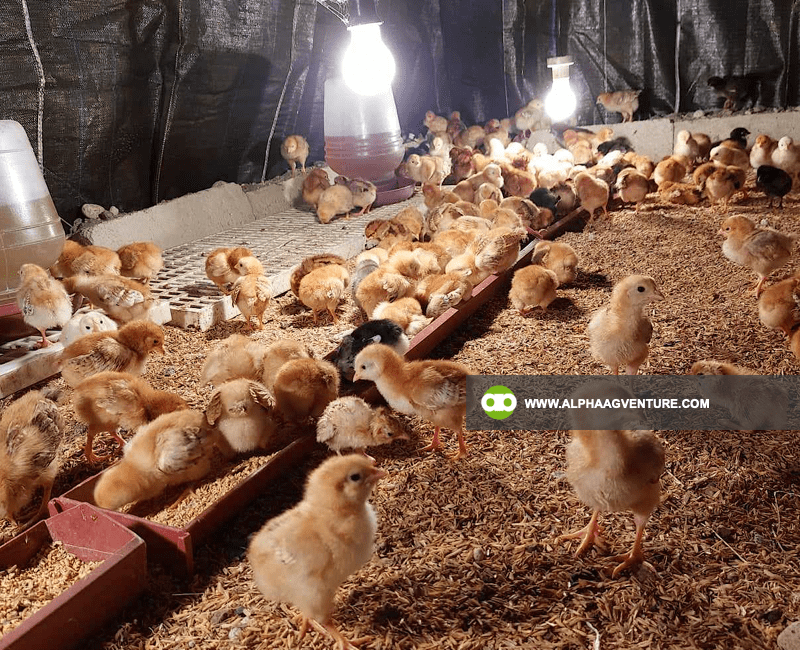
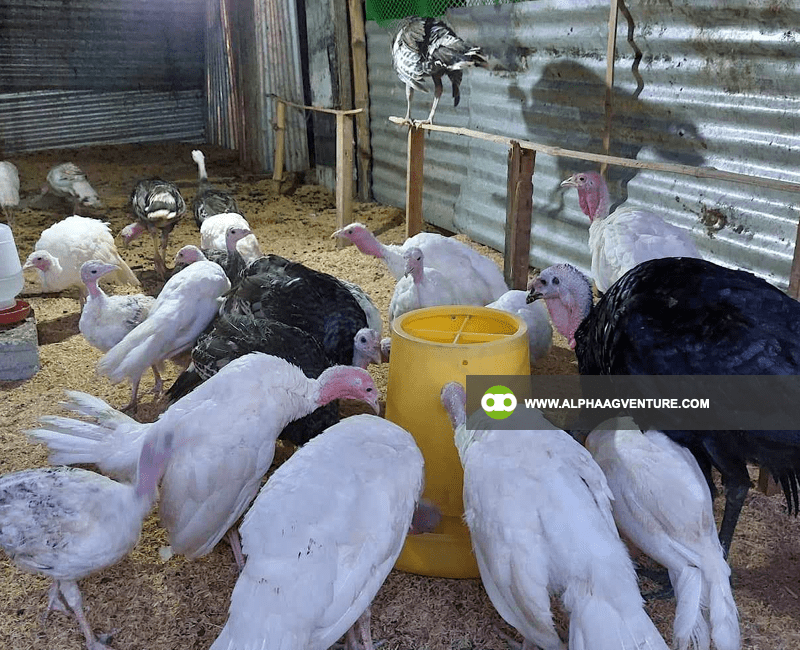
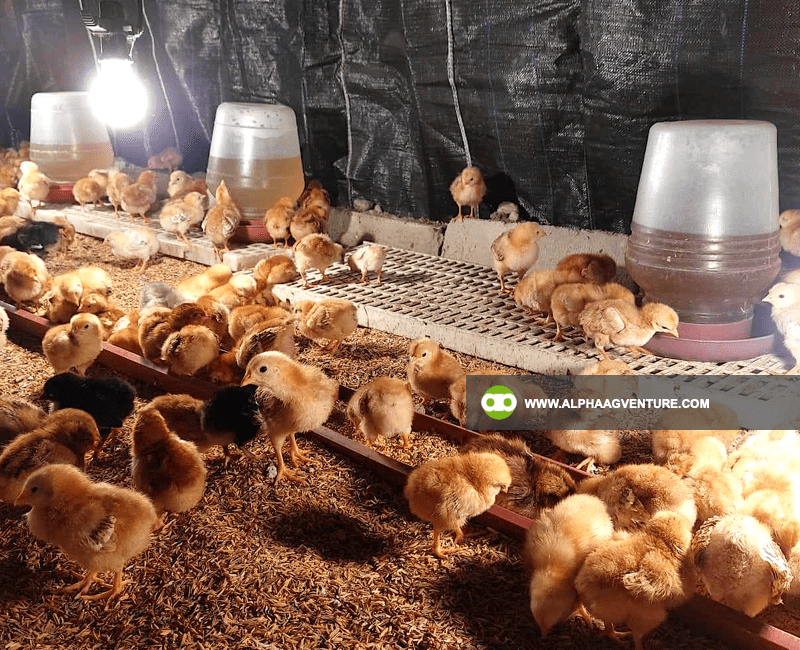
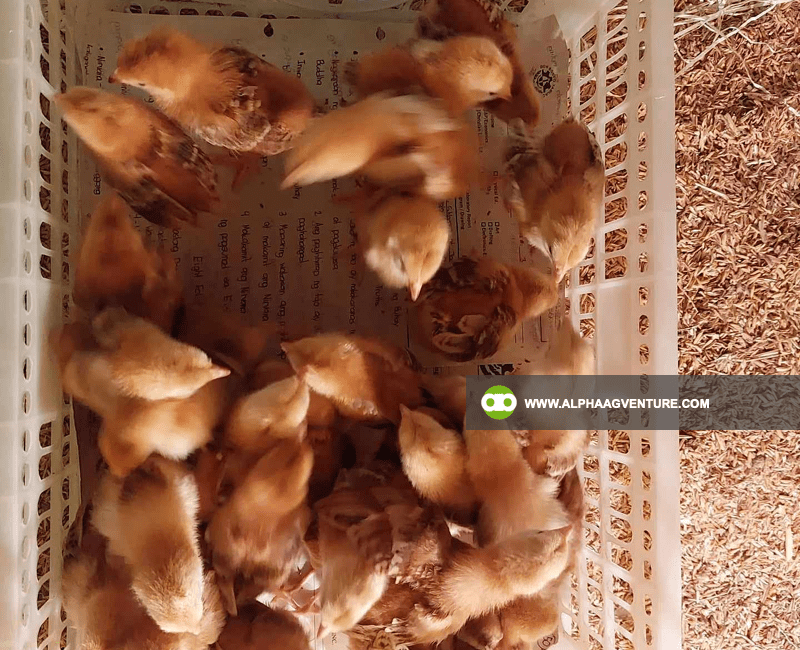
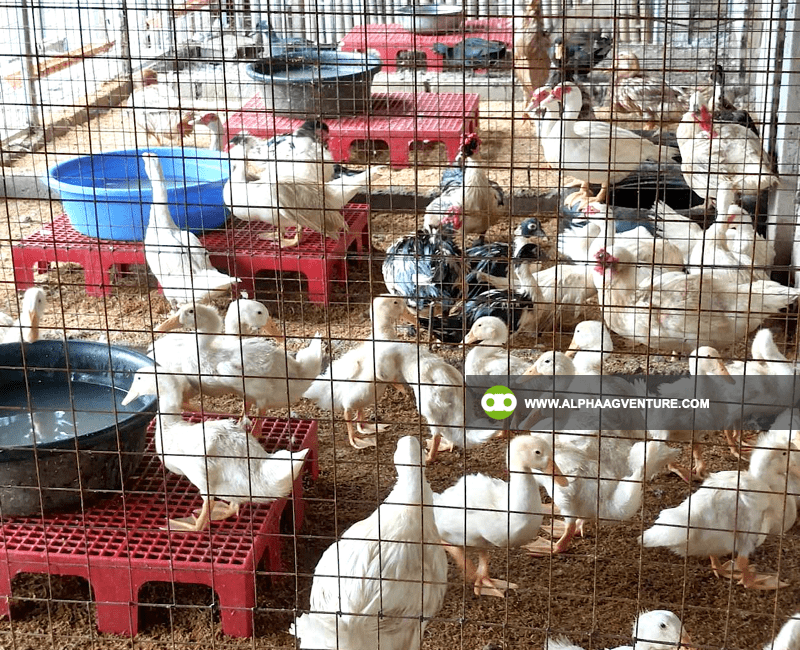
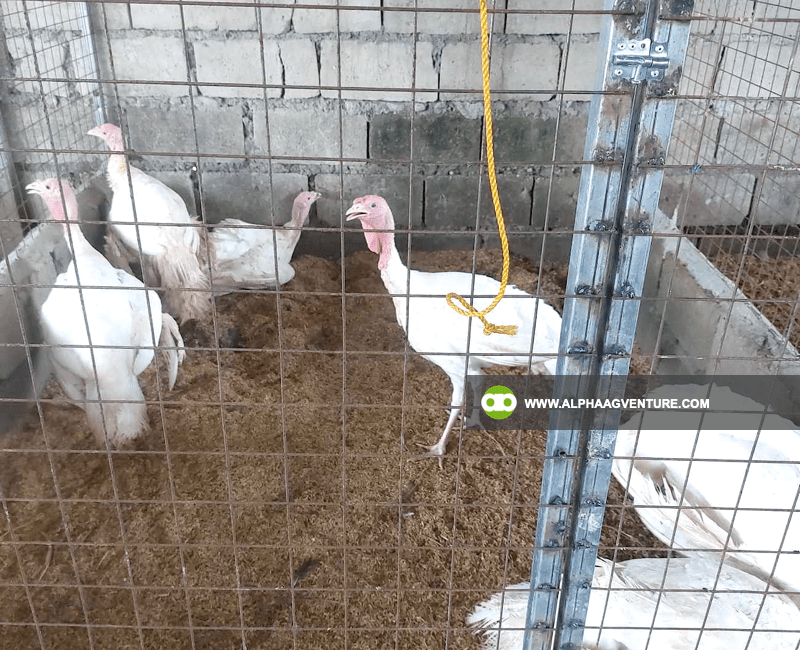

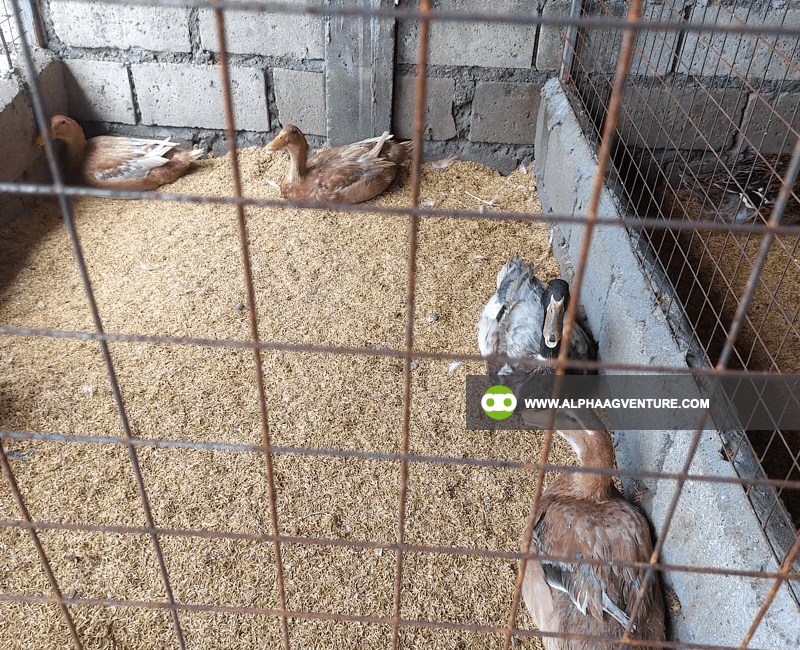
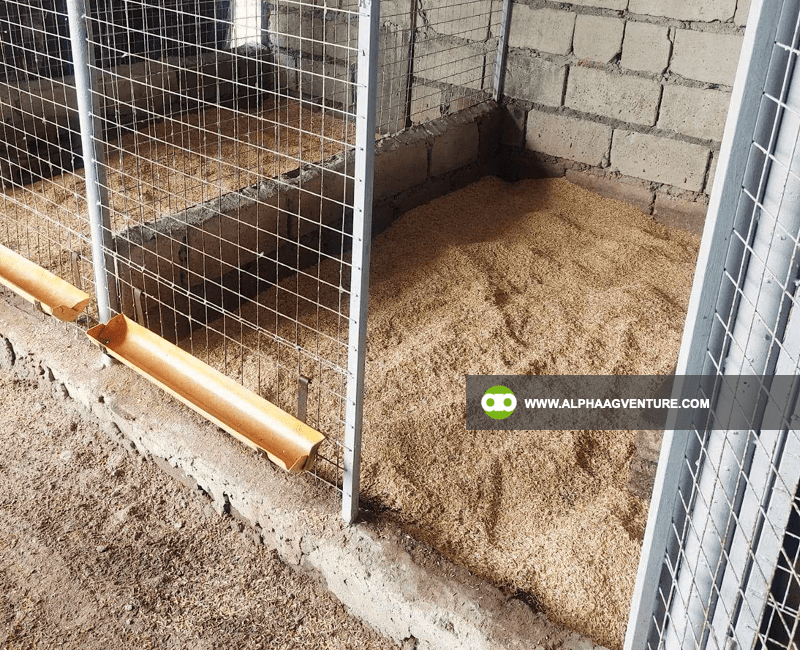
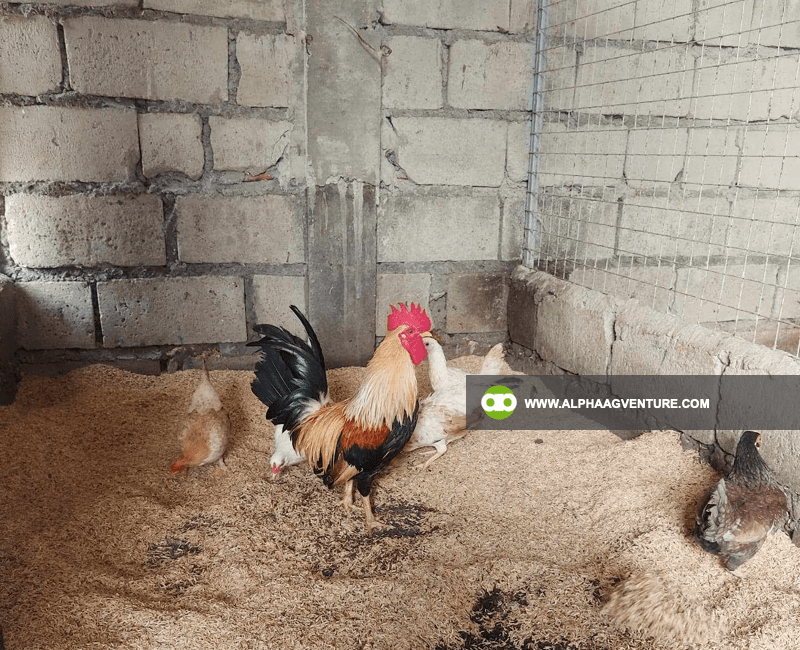
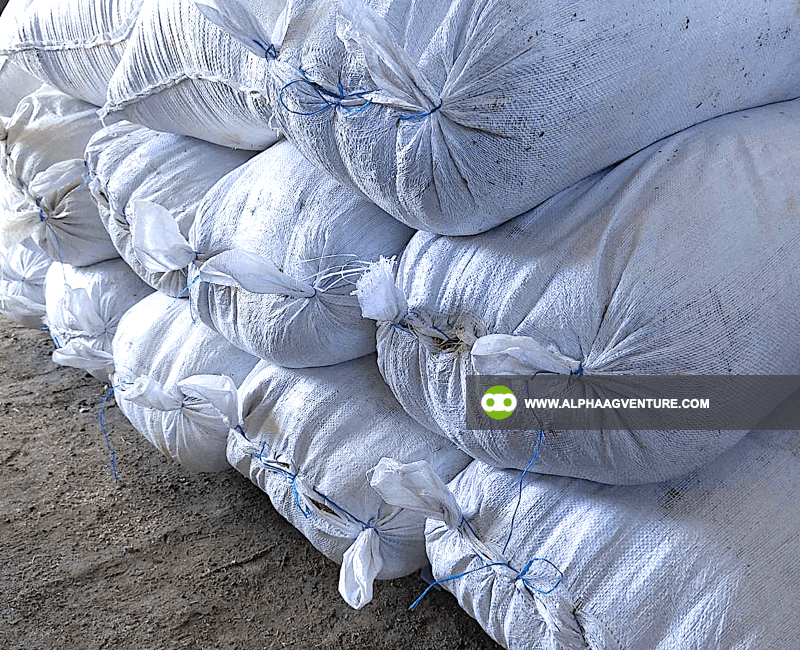
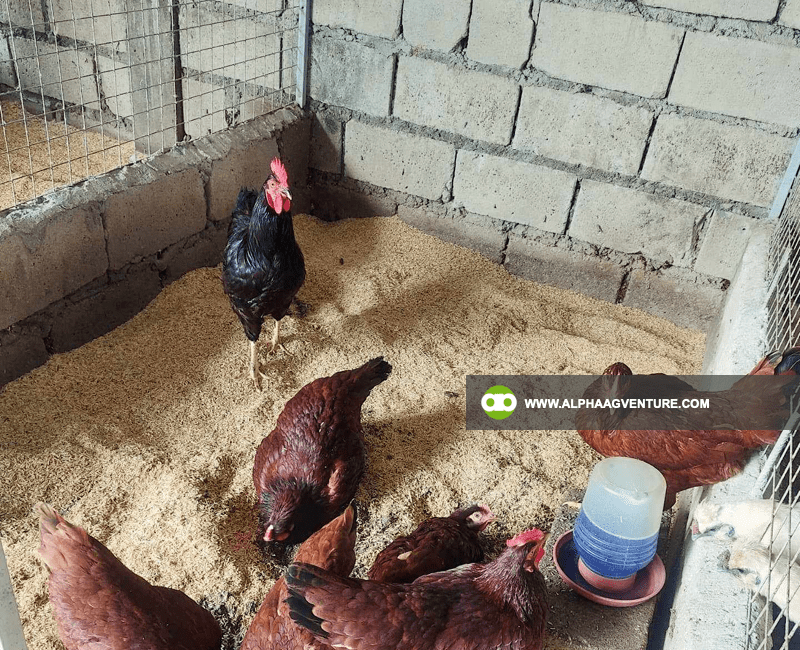
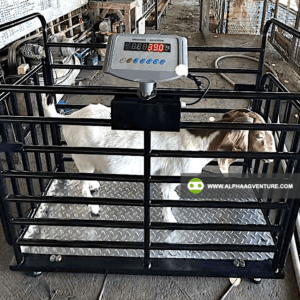
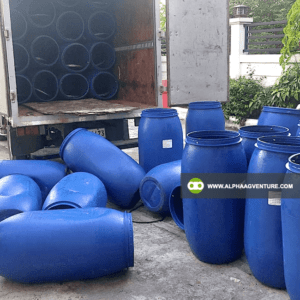
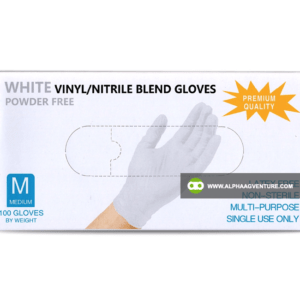

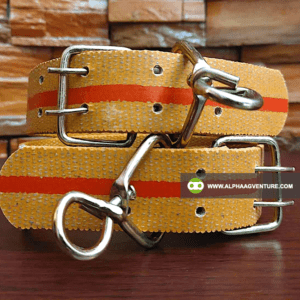
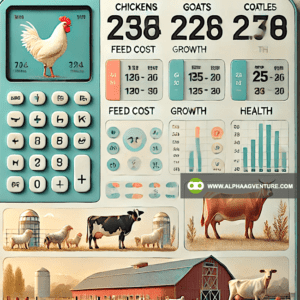
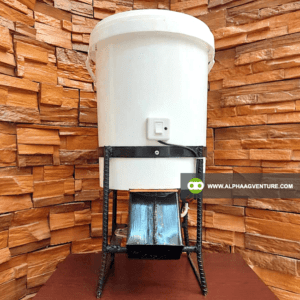
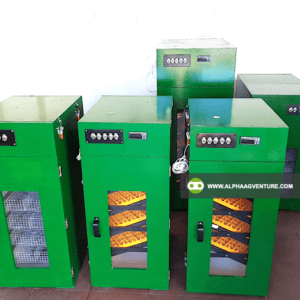
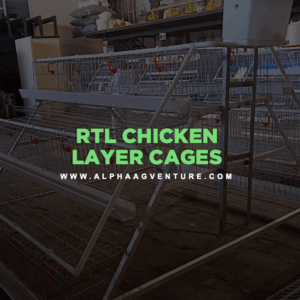
Reviews
There are no reviews yet.